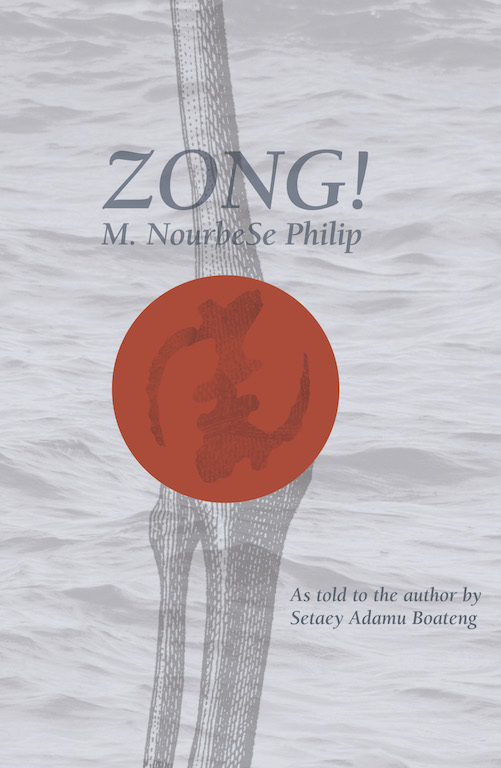nd their f all our f all i t was a b ull marke t for g uineas & gui nea negro es a b ear mark et in h ope nig ht fad es to da y da y to n ight her d ugs ha ng sacks of d ry fe ar ho pe fad es to fe ar th ey eat t heir fea r and all roun d is f ear i mo urn you mo urn we mou rn our mo rt they hur t we w ill have a big d ish of s puds with b eef el s on the s ong we e at we d oze she but a b it a s lip of a g irl we c ome to p raise the r use in d upe they pr aise o rí i lé i fé in a n age so rare that p hrase again the oba so bs with pra ise and p us the sh ip sail s o n board s aint sow & ca ptain p ig s aint s in & lor d tin the v essel y aw s first e ast then we st i p ray to the e ast the n to the w est to the n orth & so uth no e vide nce of g od but o ur negro es have ya w s the y aw s le ak p us there is n o new t hing here on e arth de fun fun m an come tek we a way we li ve by old cr eed s ma de new the more to su it our de ed s have the r am tup the e we i tup & t op the q ueen of s pade s in our ede n the pi g grouts r outs in the d ung we sa il we st for e ast & e den the capta in a man o f girth of har sh mien and vo ice eve n with the s he negroes i s aw him r ub his s ex aga inst her i se ek no g old no r tin no sap tin sap phire no r rub y nor the o re of the i ndies m y eden is y ou ruth only y ou me i b e od e mo i je suis ode we ca me d own the r iver the re was a f ort in the mi st wh ere we wo uld prove our mu st our mig ht & rig ht there wa s dew o n the ir ski n on he r sk in he wa s a sly o ne with our guine as we turn t o the or acle it tun es our fort unes wh ere must cre ates will th ere ò gún live s a twi t and a I out to boo t he pas sed out o n deck a pes all th ey shed t ears fresh t ears will not e at sal t will never s ee a frica aga in they s ay a s cene neve r seen b efore & w e are late in t ime for the e ast ede n & eve r wal e and s ade have no hut i ca n not b ear this t ale told b are of all t ruth ru th you a re my m ust m y can t his story i s not mi ine to t ell tell i t i m ust it was on ly trade after all act s ix sce ne o ne we mat e them a b ill of s ale for a b ale of h ay a gu inea m an a ne gro
Feature Date
- September 2, 2019
Series
- What Sparks Poetry
Selected By
- Susan Tichy
Share This Poem
Print This Poem
Copyright © 2011 by M. NourbeSe Philip
All rights reserved.
Reproduced by Poetry Daily with permission.

Middletown, Connecticut
Wesleyan University
In November, 1781, the captain of the slave ship Zong ordered that some 150 Africans be murdered by drowning so that the ship’s owners could collect insurance monies. Relying entirely on the words of the legal decision Gregson v. Gilbert—the only extant public document related to the massacre of these African slaves—Zong! tells the story that cannot be told yet must be told. Equal parts song, moan, shout, oath, ululation, curse, and chant, Zong! excavates the legal text. Memory, history, and law collide and metamorphose into the poetics of the fragment. Through the innovative use of fugal and counterpointed repetition, Zong! becomes an anti-narrative lament that stretches the boundaries of the poetic form, haunting the spaces of forgetting and mourning the forgotten.
"A brash, unsettling book, Zong! wants to chant or shout history down, shut history up. It not only laments and mimics history's unreason but, verisimilar and retributive both, deranges history, as if to reorder its linguistic protocols might undo or redo history itself. Fretful, possessed, obsessed, upset, curse and homeopathy, both, it visits a breathtaking run of glossolalic scat upon historical trauma." —Nathaniel Mackay, author of Bass Cathedral
“At times I’m uncomfortable with both poetry and history, but then a book like Zong! comes along and reminds me how the lyric can shake up history’s limited logics and history can shake up poetry’s occasional evasive sheen.”
—Jill Magi, Poetry Project Newsletter
"Those still confused about why poetry might fracture and splinter and stutter can find an answer in the work of M. NourbeSe Philip. In Zong! she delves into the trauma of the plantation economy and allows her language to be shaped by the conflicts between telling and not telling, between naming and not naming that define the horrifying story of the slave ship Zong. This book is exceptional and uniquely moving."
—Juliana Spahr, author of This Connection of Everyone with Lungs
Poetry Daily Depends on You
With your support, we make reading the best contemporary poetry a treasured daily experience. Consider a contribution today.




